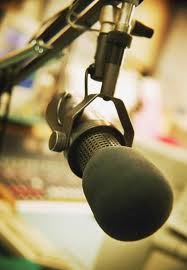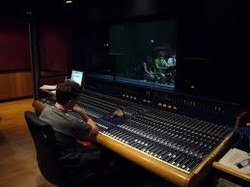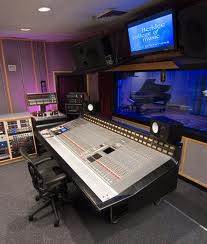
Diplomas in music recording are obtainable at the associate, bachelor and master's level. The music departments in most educational establishments often offer recording school. Establishments at Columbia, the Berklee School, and the McNally Smith College of Music offer one of the best recording degree courses.
Pupils under these programs get the opportunity to use top of the line devices. Such colleges have recording studios outfitted with the best in mixers, microphones, preamps and all manner of digital and analog recording equipment.
Many of the faculty members at such schools are among the best in the nation. A great number of these teachers where record producers or audio engineers themselves before deciding to pursue a career in teaching. A recording program in a recording school can pave way for a student to work side by side with other talented pupils and focus on several student projects. Support and structure during the first days of training in music production can be very beneficial.
However,, a recording school can post a tuition that can cost around $20,000 in a year. Consequently, it is important to stress on the truth that in order to become a prosperous and professional record producer or audio engineer, a degree or diploma is not really that essential. The fact is a good number of well-known music producers did not even have a diploma or even set foot in a music school. A good number of these individuals mastered their craft by working as DJs at particular clubs.
The fact is, what is mastered inside a recording school can also be perfected somewhere else.
Computer programs that simulate the functions of analog recording equipment have made it feasible to record studio quality music just about everywhere. There are also publications that concentrates on recording basics, music theory, and the different technical elements of the whole procedure.
Many good producers owe their accomplishment in part to the truth that that they just have good ears. Once you know what you want to hear, it's often just a matter of obtaining that sound out of your musicians and devices.
You might find it more feasible to spend more money putting up your own recording studio rather than invest it on a recording school. It is possible to turn a spare room or a walk-in closet into a functioning recording studio by setting up computer hardwares, microphones, computer applications, and other gadgets that can help you record music. You can learn to make films by really doing it and the same thing is relevant when mastering music recording and production.
Taking part with up-and-coming bands or other musical artist can be a terrific way to gain experience and make connections. If you have expertise and experience then attending a recording school is just a waste of time and a poor expense.
Pupils under these programs get the opportunity to use top of the line devices. Such colleges have recording studios outfitted with the best in mixers, microphones, preamps and all manner of digital and analog recording equipment.
Many of the faculty members at such schools are among the best in the nation. A great number of these teachers where record producers or audio engineers themselves before deciding to pursue a career in teaching. A recording program in a recording school can pave way for a student to work side by side with other talented pupils and focus on several student projects. Support and structure during the first days of training in music production can be very beneficial.
However,, a recording school can post a tuition that can cost around $20,000 in a year. Consequently, it is important to stress on the truth that in order to become a prosperous and professional record producer or audio engineer, a degree or diploma is not really that essential. The fact is a good number of well-known music producers did not even have a diploma or even set foot in a music school. A good number of these individuals mastered their craft by working as DJs at particular clubs.
The fact is, what is mastered inside a recording school can also be perfected somewhere else.
Computer programs that simulate the functions of analog recording equipment have made it feasible to record studio quality music just about everywhere. There are also publications that concentrates on recording basics, music theory, and the different technical elements of the whole procedure.
Many good producers owe their accomplishment in part to the truth that that they just have good ears. Once you know what you want to hear, it's often just a matter of obtaining that sound out of your musicians and devices.
You might find it more feasible to spend more money putting up your own recording studio rather than invest it on a recording school. It is possible to turn a spare room or a walk-in closet into a functioning recording studio by setting up computer hardwares, microphones, computer applications, and other gadgets that can help you record music. You can learn to make films by really doing it and the same thing is relevant when mastering music recording and production.
Taking part with up-and-coming bands or other musical artist can be a terrific way to gain experience and make connections. If you have expertise and experience then attending a recording school is just a waste of time and a poor expense.


 RSS Feed
RSS Feed